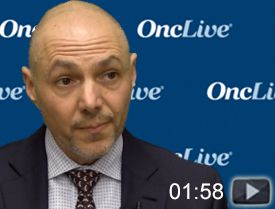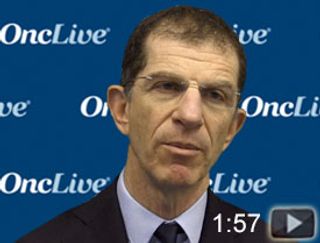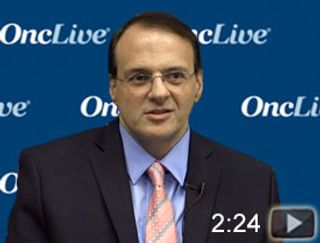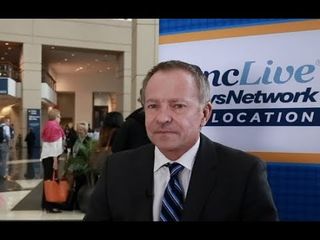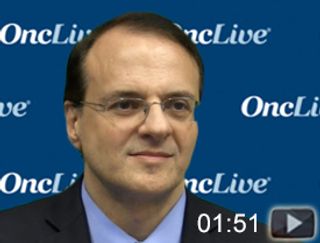
Head & Neck Cancers
Latest News
Latest Videos

CME Content
More News

Durvalumab alone and in combination with tremelimumab did not improve overall survival versus standard-of-care chemotherapy in patients with recurrent or metastatic head and neck squamous cell carcinoma who progressed after platinum-based chemotherapy.
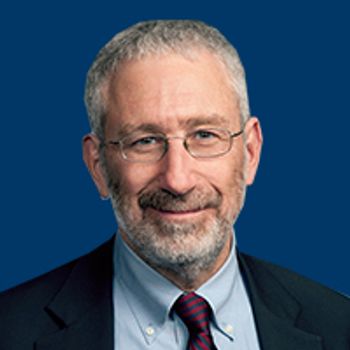
Maurie Markman, MD, discusses the steps that the scientific community needs to take to increase public acceptance of the vaccine against the human papillomavirus.

Alexander Drilon, MD, medical oncologist, clinical director, Early Drug Development Service, Memorial Sloan Kettering Cancer Center, discusses the FDA approval larotrectinib in NTRK-positive cancers.

Barbara A. Burtness, MD, discusses the impact that the KEYNOTE-048 data could have on the treatment of patients with head and neck squamous cell carcinoma.
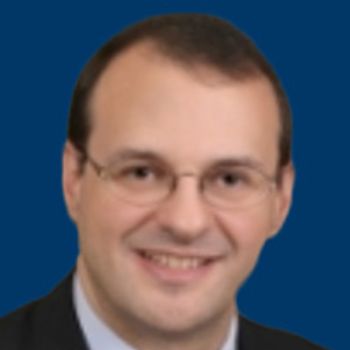
After more than 2 decades of change in the epidemiology of oropharyngeal cancers, the choice of optimal treatment for patients with human papillomavirus–positive disease remains elusive.
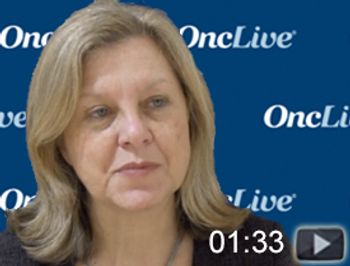
Barbara Burtness, MD, professor of medicine, Yale Cancer Center, discusses frontline immunotherapy in head and neck cancer.

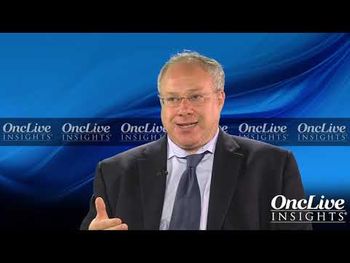


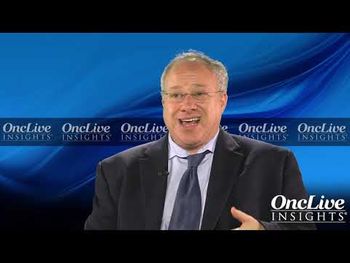
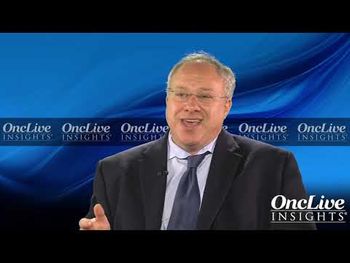
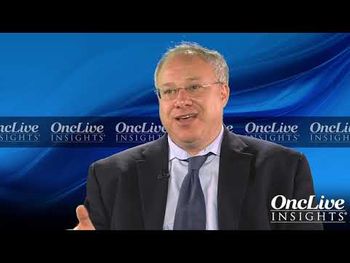



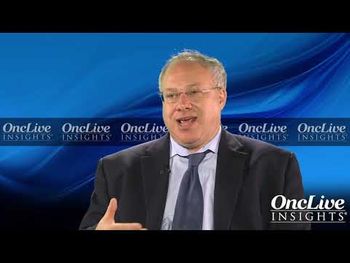








Ezra Cohen, MD, discusses the future role of immunotherapy in the treatment of patients with head and neck squamous cell carcinoma.


